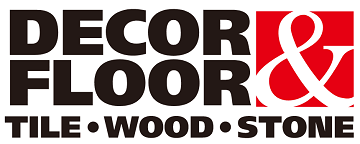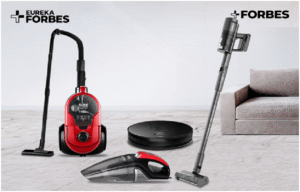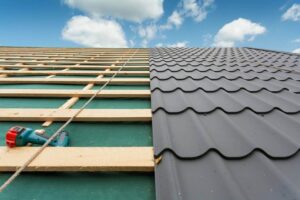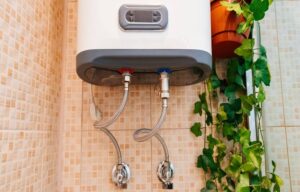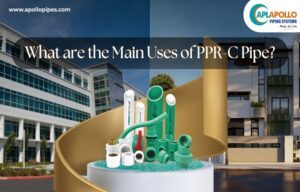How to Prevent Plumbing Problems During Home Renovations
5 min read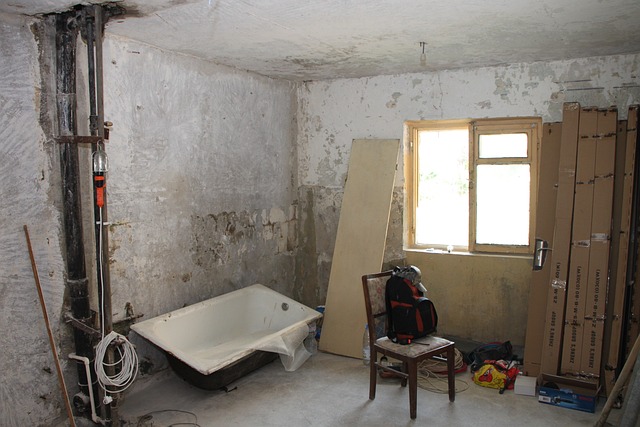
Home renovation is one of the most anticipated and rewarding things you can do for your property. Giving it a new look and life by remodelling the rooms and replacing furniture can undoubtedly feel like moving to a new place.
You set a budget and go through magazines and websites to choose the best decor for your project. Meet with painters and decorators to discuss your ideas so that you can get the best out of the remodel.
When things are finally in motion, and you can already imagine yourself in your renovated home, you receive a call about a burst pipe.
Instead of enjoying your project, you must urgently look for a plumbing company to fix this. Such a situation will not only stop all your plans but may leave you completely out of budget.
You can avoid this disaster by properly preparing to prevent plumbing problems during home renovations!
Watch out for old, deteriorated pipes
Before your budget for your renovation, you should carefully consider the condition of the existing drainage system. This is especially true if you plan on making changes to your kitchen, bathroom, or toilet area.
Due to the different materials pipes are made from, they have various lifespans. Some lines may not show visible signs of deterioration but still require replacement.
To ensure everything goes to plan, find a reliable plumber to inspect your plumbing carefully. He will be able to thoroughly check the inside of the pipe, detecting if the walls have corroded or if solids have built up inside.
Presence of galvanised pipes
Galvanised pipes have been around since the 1960s and were used as a substitute to lead ones.
The main issue with this type of pipe is that it is made from steel dipped in zinc coating. While the outside of the tube is protected, years of exposure to water create corrosion on the inside.
This is not only a severe safety hazard, but overall galvanised pipes are associated with lower water pressure, uneven distribution of water and leaking due to the joints.
Overall, if you are planning a renovation, especially in the bathroom, and you have this type of pipe, find a plumber to replace them and budget that in.
Bathroom fixture leaks and problems
The bathroom in your home has the highest potential to cause issues when it comes to leaking plumbing.
While many things may or may not go wrong during renovations, there is only one solution – regular maintenance:
- Check for leaks – Regularly inspect your bathroom for any signs of leaks. Look for water stains, dampness or musty odours. Take extra time to check areas around sinks, toilets, bathtubs, and showers.
- Test toilet for leaks – You can test your unit for leaks by adding a few drops of food-coloured water to the toilet bowl. Observe it for a couple of minutes to be sure.
- Check water pressure – Higher pressure can strain your plumbing system. Use a pressure gauge to measure the water pressure. If you are uncertain, looking for a plumber may be a good idea.
- Ensure proper ventilation – It prevents moisture from building up in any area. If the steam can not escape the room, it may cause mould, mildew, and water damage.
By following these checks monthly, you can ensure that your bathroom is ready for renovation.
Hidden structural damage
Water damage may not always be evident until you remove the fixture. Based on experienced plumbers, there is no real way to prepare for that apart from setting aside a small budget for unforeseen circumstances.
However, it is essential to know that having an area entirely covered by various fixtures is pretty rare, so if you notice any damp or wet spots on your wall, you should consider checking it thoroughly.
Your sump pump doesn’t work
A nightmare scenario would be for you to have already started the renovation and moved in your new furniture, only to find out your sump pump is not working properly.
One heavy rain could cost you thousands of pounds in damaged furniture and repairs. Before you begin your home project, contact a plumbing company to inspect your water pump and confirm you have proper backflow.
Even if there is an issue, it is just a simple plumbing fix instead of the disastrous scenario presented above.
Drainage issues
Clogged drains will definitely lead to water backups and leaks. To avoid this, use drain covers to catch hair and debris. Ensure that you regularly clean them and keep them in good condition.
You should avoid pouring grease, oil, or large food particles down the drain, as those may accumulate over time and completely block it.
To maintain your drains properly, consider using natural drain cleaners or periodically flushing drains with hot water and baking soda.
You can let your shower and tub run if you want to ensure your drains are working properly. After a few minutes, you can stop the water and observe the areas. The place should not take more than a few minutes to dry. If you notice pooling, then you may have an issue.
How to get rid of dampness when renovating a house
Removing moisture is crucial when remodelling, as ignoring it may lead to mould growth, structural damage, and health issues.
To resolve this problem, you can do the following:
- Identify the source – Before effectively eliminating dampness, you need to know what is causing it. Inspect the area properly, and look for leaks, condensation, or rising moisture.
- Improve ventilation – Insufficient airflow can lead to moisture buildup. Ensure that you have proper ventilation systems, such as exhaust fans. Consider adding them to crawl spaces or basements.
- Proper insulation – Adequate insulation helps you regulate the temperature and prevents condensation.
- Monitor humidity levels – Use a hygrometer to measure the humidity levels in your home regularly. The recommended air humidity is ideally between 40-60%. If you notice higher levels, consider using dehumidifiers.
- Remove mould – If the dampness has already caused mould to build up, you must address it promptly. Remove it using appropriate cleaning solutions and protective gear.
- Consult professionals – If you are dealing with severe dampness issues, consider becoming a professional. Waterproofing specialists or structural engineers can assess the situation and provide expert advice for your specific situation.
Conclusion
If you are able to spend thousands of pounds above your budget or know how to fix a leaking pipe, then you may not worry too much about the potential issues you may face. If that is not the case, you should always maintain your plumbing system properly.
Do not hesitate to contact reliable plumber companies for regular home system inspections and maintenance, which may save you a lot of money in the long run
If you have already started your renovations and notice any leaks or other plumbing issues, address them with priority.
